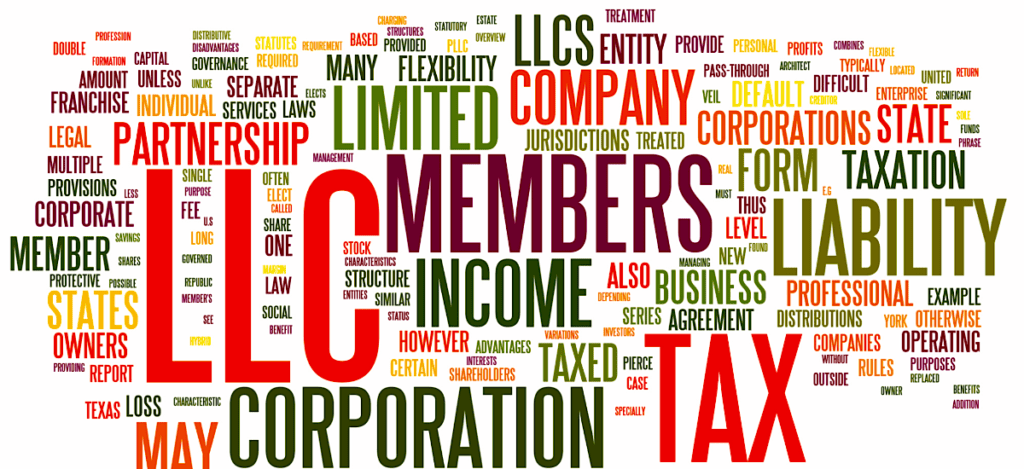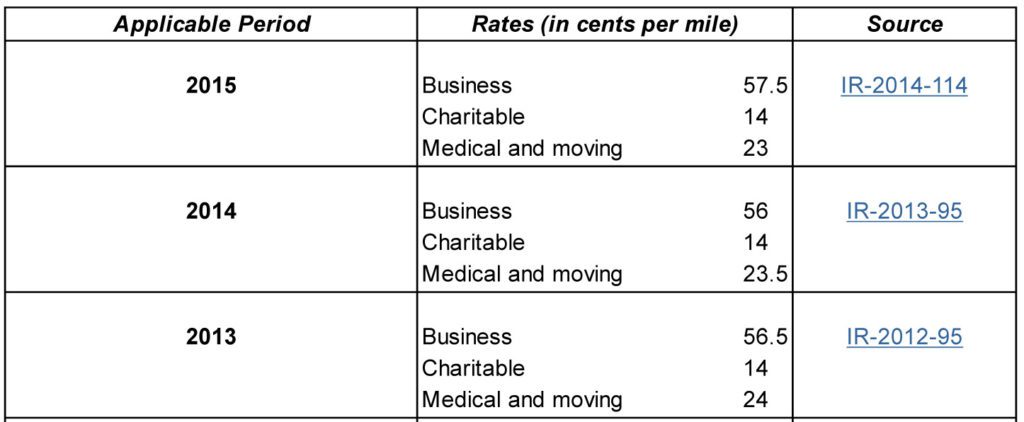When starting a business, understanding your tax obligation is one key to business success. With the internet and the wealth of information found on the web, it’s easy to be misinformed. Hopefully this post will clear up any questions or concerns you may have when starting your business.
- Business Structure. One of the first decisions you will make when starting a business is deciding on a business structure. Business structures can have a huge impact on the tax liability of your operations, therefore it is always best to seek council from a CPA or lawyer. The most common forms of businesses are:
- Sole Proprietorships
- Partnerships
- Corporations
- S-Corporations
- Limited Liability Company (LLC)
- There are many misconceptions surrounding the LLC as a business structure.
- Here are the facts: An LLC is a business structure that is allowed by state statute. Each state has it’s own statutes regarding the requirements for ownership. An LLC has default treatments for federal taxation that may only be changed by timely filing the correct elections. The default treatments are as follows:
- An LLC with one member (whether individual or another business) is disregarded for federal tax purposes (but still a separate entity for employment taxes and excise taxes)
- An LLC with two or more members is by default a partnership
- If an LLC would like to elect a treatment other than the default, it can do so by filing Form 8832 or Form 2553. An LLC can elect to be treated as a Corporation or S-Corporation. An LLC is NOT by default, either of these entities.
- Business Taxes. There are four general types of taxes that businesses pay:
- Income Tax – All business except partnerships must file an annual income tax return. Partnerships, however, file an information return.
- Self-Employment Taxes -these are social security and medicare taxes primarily levied on individuals who work for themselves (examples would include sole proprietors, single member LLC’s where an individual is the sole owner, and in some cases, partnerships)
- Employment Taxes – businesses with employees have a responsibility to pay and file forms related to social security taxes, medicare taxes, federal income taxes, and federal unemployment (FUTA) taxes.
- Excise Taxes – some businesses may be required to pay excise taxes, more information on these taxes can be found on the IRS website.
- Employer ID Number (EIN). An EIN or Federal Tax Identification Number is used to identify a business entity. Most businesses can apply for an EIN on the IRS website free of charge. An EIN is recommended, even for sole-proprietors, to obtain a bank account and provide to vendors who may request tax information.
If you have any questions about entity selection or getting your business Launched!, feel free to contact our office or schedule a consulting meeting.


